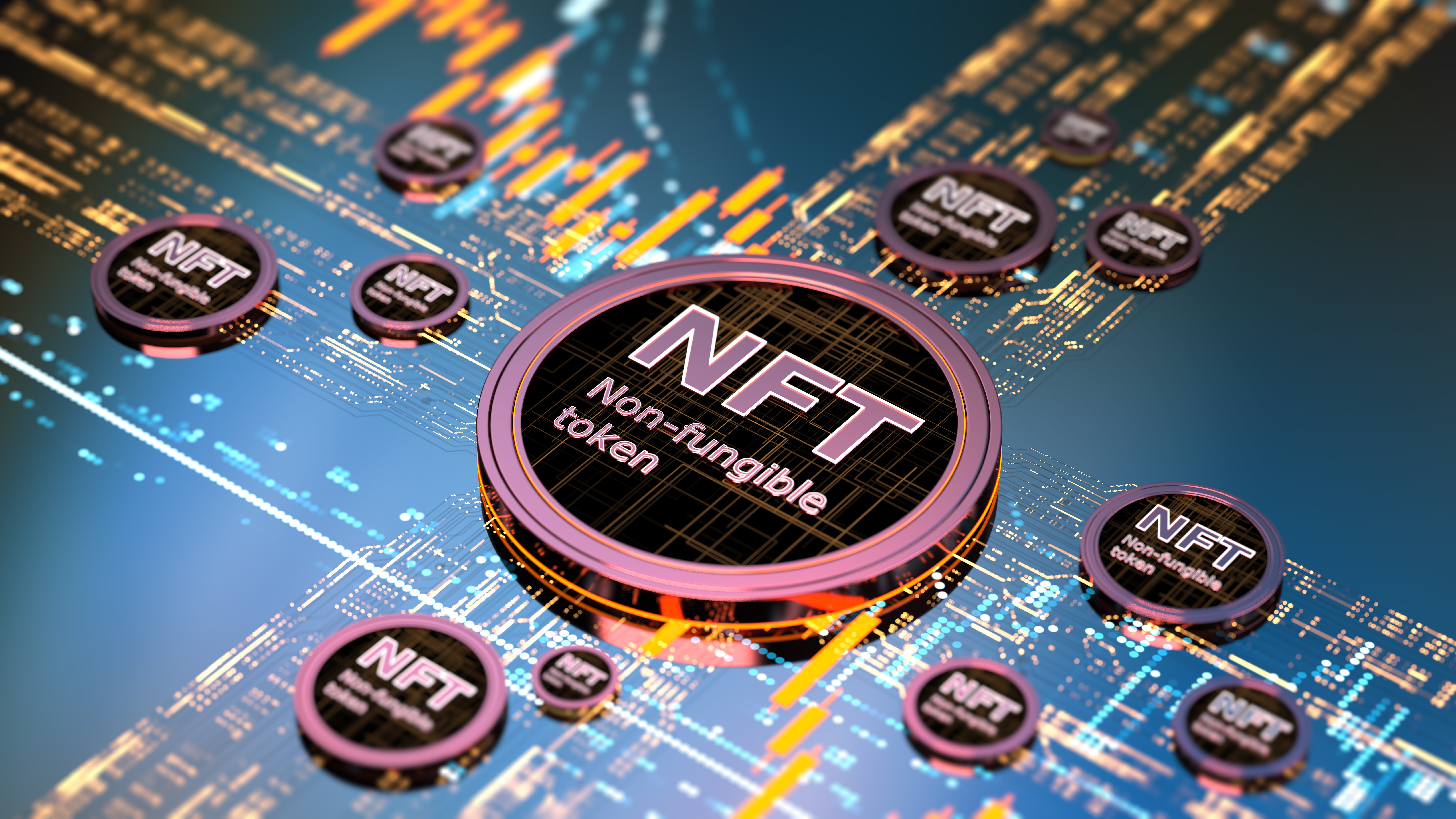The progressive case for NFTs
Non Fungible Tokens suffer from an image problem – they’re popular with people we love to hate


When asked about Non Fungible Tokens (NFTs), I suspect most people either think "huh, what’s that?" or they think of pictures of weird-looking apes. On Twitter, people hate them or love them. Apparently there’s no in-between.
NFTs suffer from an image problem; they’re popular with people we love to hate – those with too much money and Conservative politicians. Yesterday, chancellor Rishi Sunak announced he had asked the Royal Mint to create an NFT. "This decision shows the forward-looking approach we are determined to take towards cryptoassets in the UK," he said.
Naturally, some people were outraged. "You’re meant to shut down Ponzi schemes, not commission them," said one popular response to the Treasury’s tweet read.
I understand the scepticism. When you see people spending millions of dollars on buying digital pictures – literally just JPGs – it looks like a scam. A giant ponzi scheme. In fact, there are so many NFT-related scams – or "rug pulls" – that there are Twitter accounts documenting the problem.
But there is another way to look at this issue. In 1999, I was lucky enough to get a job at an "incubator" of internet companies in London. I’m old enough to remember when people would add “dot com” to a silly idea, create a simple website and a rubbish businessplan, and raise tens of millions of dollars from gullible investors. That too was a gold rush to make money before the gravy train crashed. The internet was popularised through scams too, but there was something of value underneath.
So here is the non-capitalist, progressive case for NFTs.
Simply put, NFTs are unique tokens that can be programmed to hold bits of information. Think of it as one card in a large, endless deck of cards. Each NFT has a unique identity and can be accessed publicly to see what’s there. NFTs are not "fungible" tokens which are – by definition – interchangeable like a currency (one £5 note is the same as another). That’s it. That’s the entire definition.
So how did something so simple get to being associated with expensive pictures of "mutant apes"? In short, because non-fungible tokens can be used to record ownership of something, people started using them to record ownership of and sell digital art. Digital art pieces started being regarded as collector’s items and a gold rush soon followed. When people we dislike – stupid capitalists, Tory chancellors – start advocating for something, it is natural to feel sceptical. We are all wired like that.
But NFTs can have quite obvious and practical uses too. Our world is increasingly becoming digital. We sign documents, send important information and exchange our most innermost thoughts digitally. Almost every part of our lives is going digital. But that also makes us increasingly reliant on big tech companies to provide, process and store that information. Worse, that information is frequently held insecurely and easily hacked.
This is the problem that NFTs can solve. These "digital tokens" – ie unique pieces of information – are stored on "blockchains", a type of a database that is publicly accessible, very decentralised, difficult to control and nearly impossible to hack.
Blockchains are made in a way so they can be easily spread out over thousands of computers all over the world. A bit like the internet. The key difference is that if I want to access my Gmail, I have to go to Google’s servers. But a blockchain can allow anyone to see the information they hold (it’s publicly accessible) and anyone to change it, provided they have the right credentials.
To keep up to speed with all the latest opinions and comment, sign up to our free weekly Voices Dispatches newsletter by clicking here
So the question to ask is: what information could we put online, in a publicly accessible and distributed database, that would be useful for people to access? NFTs could be used to store property records and deeds, to store birth and death records, intellectual property and patents information. NFTs can be used to assign ownership of music, digital artwork and videos. But they can also be used by non-profit groups to make information free and easily accessible without worrying too much about being hacked.
Ethereum, the blockchain most widely used to mint (ie create) NFTs, is spread out and validated by thousands of computers around the world. That also makes it nearly impossible to hack because of the way a blockchain is constructed. I won’t get into the technical details, but remember that no one has yet been able to hack the bitcoin blockchain, even though it’s worth over a trillion dollars.
NFTs and blockchains, like any technology, can have a variety of uses. Some will use this tech to make money or create scams – others can use it to make the world a better place. Where the technology goes depends on us.
Join our commenting forum
Join thought-provoking conversations, follow other Independent readers and see their replies
Comments